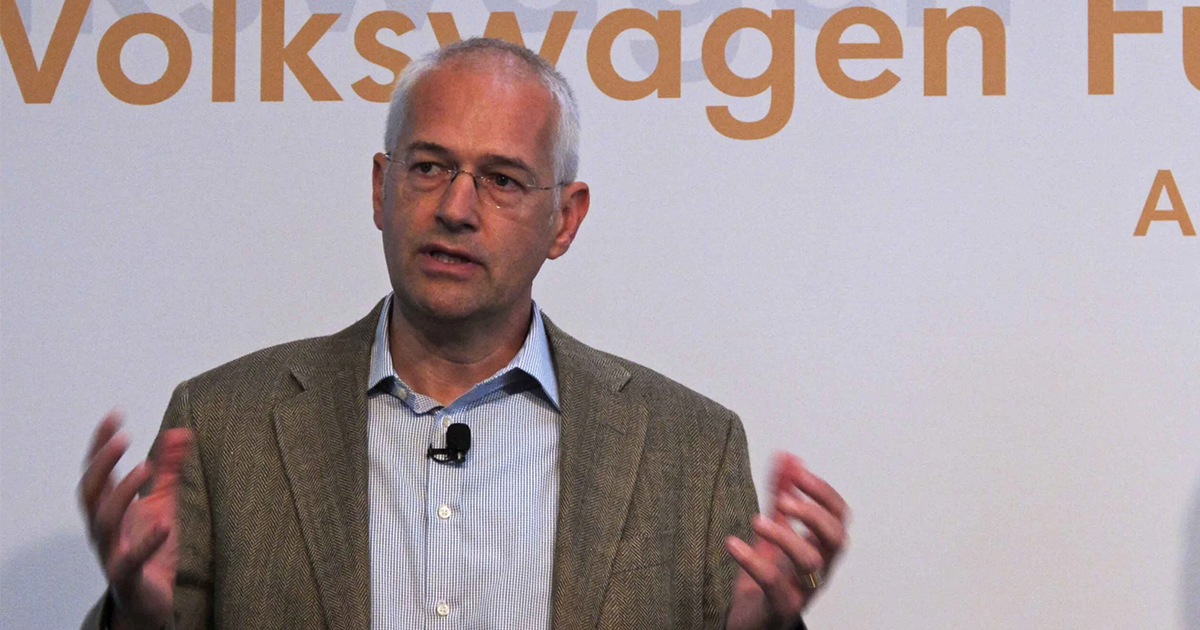Volkswagen’s recent decision to exit its labor agreement has sparked significant debate and concern. The move could potentially pave the way for job cuts within the company, marking a pivotal shift in its approach to workforce management and operational strategy. This blog explores the implications of Volkswagen’s exit from the labor agreement, its potential impact on jobs, and the broader context of the company’s strategic realignment.
Understanding Volkswagen’s Exit from the Labor Agreement
Volkswagen’s exit from the labor agreement represents a significant departure from its previously established labor practices. Labor agreements typically include provisions related to job security, wage levels, and working conditions, and are crucial in defining the relationship between employers and employees.
Key Factors Leading to the Exit:
Financial Pressures:
The automotive industry is undergoing substantial financial strain due to various factors, including economic fluctuations, supply chain disruptions, and increased competition. Volkswagen’s decision may be driven by the need to cut costs and improve financial stability.
Strategic Realignment:
As the company navigates a rapidly changing market landscape, including shifts toward electric vehicles and digital transformation, it might be seeking greater flexibility in its labor practices to align with new strategic priorities.
Operational Efficiency:
Volkswagen may aim to streamline operations and enhance efficiency, which could involve reevaluating labor agreements and adjusting workforce structures to better meet its evolving needs.
Potential Impact on Job Cuts
The focus of the question “Did Volkswagen’s exit from the labor agreement pave the way for job cuts?” highlights the potential human cost of this strategic shift. Several aspects warrant consideration:
Job Security:
Labor agreements often provide job security guarantees, and exiting such agreements can lead to uncertainty for employees. Volkswagen’s move could raise concerns among workers about the stability of their positions.
Workforce Reduction:
To achieve cost savings and operational efficiencies, Volkswagen might implement job cuts. This could involve layoffs, restructuring, or changes in employment terms, impacting the company’s workforce.
Employee Relations:
The exit from the labor agreement could affect employee morale and relations. Workers may feel unsettled or undervalued, which could impact productivity and engagement.
Broader Context and Implications
Volkswagen’s decision to exit the labor agreement is part of a broader trend affecting many companies in various industries. The need for greater flexibility and efficiency in response to market challenges is leading many organizations to reconsider their labor practices.
Industry-Wide Trends:
Restructuring:
Companies are increasingly restructuring their operations to adapt to changing market conditions. This often involves reevaluating labor agreements and making adjustments to workforce size and composition.
Cost Management:
Cost management remains a key focus for companies facing financial pressures. Exiting labor agreements can be part of broader cost-cutting measures aimed at maintaining financial health.
Innovation and Transformation:
As industries evolve, companies are investing in innovation and transformation. This can lead to changes in workforce requirements and labor practices to support new strategic goals.
Volkswagen’s Next Steps
In light of the potential job cuts and operational changes, Volkswagen’s next steps will be critical in shaping its future trajectory:
Communicating with Employees:
Transparent communication with employees about the reasons for exiting the labor agreement and the potential impact on jobs will be essential. Clear and honest dialogue can help manage uncertainty and maintain trust.
Strategic Planning:
Volkswagen will need to carefully plan and execute its workforce adjustments to balance cost savings with maintaining operational effectiveness. This includes considering the long-term implications for talent acquisition and retention.
Stakeholder Engagement:
Engaging with stakeholders, including labor unions, regulators, and investors, will be important in navigating the transition and addressing any concerns or opposition to the changes.
Conclusion
Did Volkswagen’s exit from the labor agreement pave the way for job cuts? This question underscores the potential consequences of the company’s recent strategic move. While the decision may offer Volkswagen greater flexibility and cost savings, it also raises concerns about job security and employee relations. As the company navigates these changes, its approach to managing the transition will be crucial in determining its impact on both the workforce and overall business performance. The broader industry context reflects a trend toward restructuring and efficiency, highlighting the challenges faced by companies in a dynamic and competitive environment.
